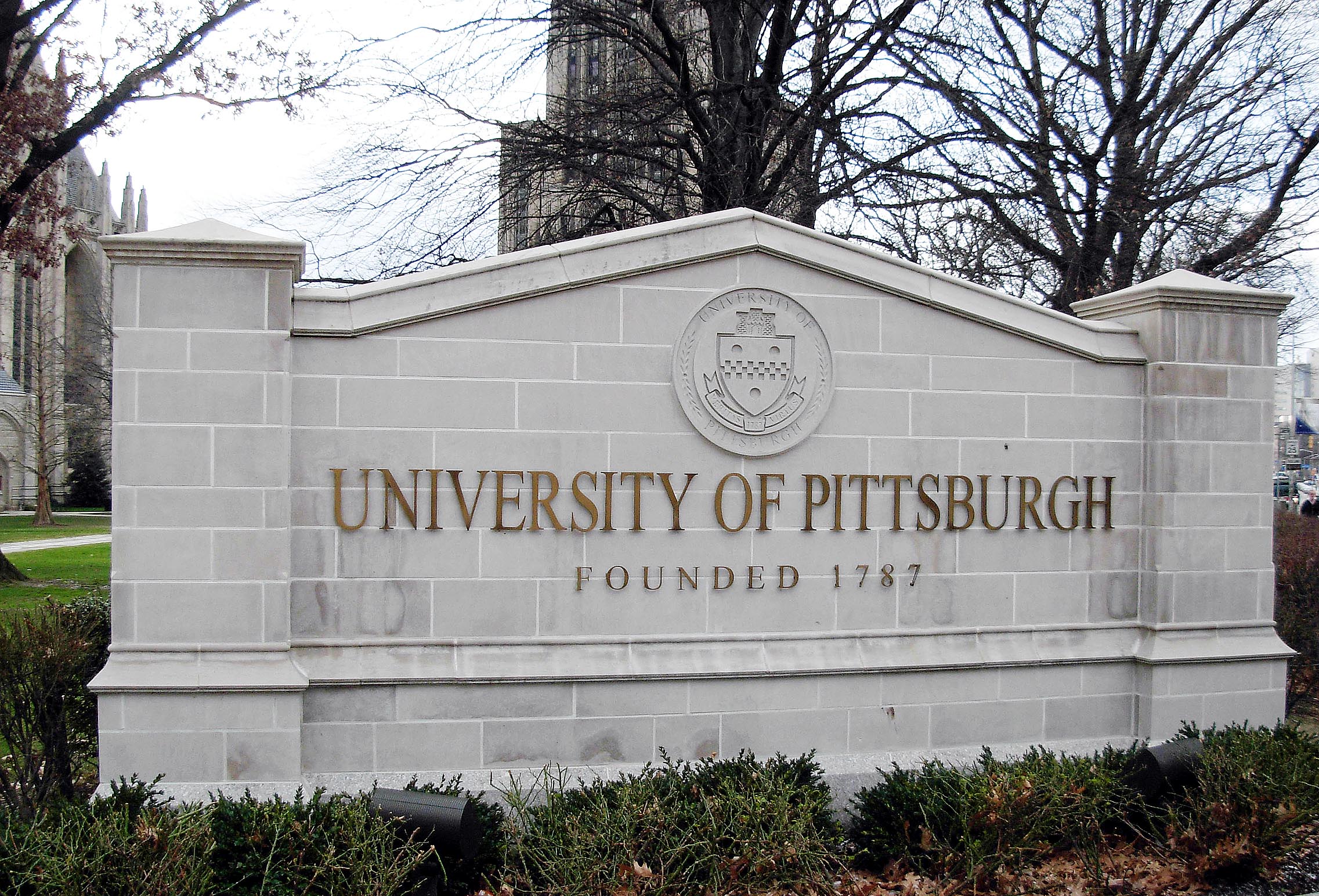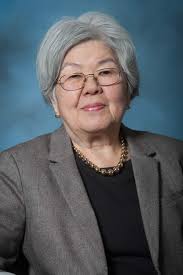MSG is pleased to have had the opportunity to ask Evelyn Rawski, University Professor at the University of Pittsburgh, a few questions about her career as a historian of Qing China. We hope that you enjoy reading her answers as much as we did! For more information on her many contributions to the field, you can visit her faculty profile here.
MSG: Looking at your career, one is immediately struck by the breadth of your interests. You wrote your first two books on economic and social history (AgriculturalChange and the Peasant Economy of South China (1972) and Education and Popular Literacy in Ch’ing China (1979) before editing a number of major volumes on cultural history. Given that you could have spent your time writing on other aspects of Qing history, what made you decide to dedicate the last 20 years of your career to Manchu studies?
In 1980, I visited the First Historical Archives in Beijing as a member of the Ming-Qing Delegation, one of the earliest state-to-state academic exchanges that marked China’s reform era. My original intention was to use Qing archival materials which I thought might be abundant enough to study the Qing imperial family in the kind of rich detail accessible only through anthropological fieldwork. However, when I looked at the Neiwufu (Imperial Household Department) archives, I realized that Manchu-language documents existed not only for the early Qing, but through the nineteenth century. I had been told by scholars that “everything was in Chinese,” so this was quite a surprise. I decided I needed to learn Manchu in order to read these documents. I studied Manchu with Jerry Norman in a summer intensive course at the University of Washington in 1989. Having embarked on Manchu, I realized that Manchu-language signage had been ubiquitous in the palace, and that my eye had simply glided over them, to focus on the Chinese. That moment of realization led to me to look closely at the Manchu side of Qing history. I was bolstered by Pamela Crossley’s work which I found very sympathetic. We went together to explore the Manchu-language materials held at the Harvard-Yenching Library, many of which had not been catalogued at the time. Our HJAS article (1993) resulted from that mini-project.
MSG: As one of the seminal figures of “New Qing History,” what do you think are its major contributions to the Chinese history? What are its failures?
We are in a period when scholarship is moving across national and linguistic boundaries. If “New Qing history” serves to stimulate Chinese historians to re-think dominant discourses and the role of different peoples in the creation of what we call Chinese history, it will have contributed to the field. If “New Qing history” is simply viewed as a threat to a Han-centered Chinese history, in my view it will have failed.
New Qing history focuses on interactions between the Central Plain and the northeast. I suspect entirely different historical rhythms characterized China’s relations with the southwest and south. China is a huge country, and it would be misguided to think that any one ethnic group could dictate societal conditions everywhere. We need to learn more about the diversity of China sat specific points in historical time.
MSG: Where do you think New Qing History needs to go next?
I hope New Qing history will stimulate scholars to re-examine earlier periods: I am thinking of the 3rd to sixth centuries, between the fall of Han and the rise of Sui, the early Tang, as well as the tenth to fourteenth century conquest regimes of Khitan Liao, Jurchen Jin, and Mongol Yuan. The Mongol empire deserves much fuller study, not as a rupture from Han Chinese control but as a period when China was part of a much bigger Eurasian empire. How did Mongol rule affect the institutions of later periods?
MSG: Would you tell us a bit about your current project?
I am completing a book which places China’s relations with late sixteenth and early seventeenth-century Korea and Japan within a regional and global framework. In the first part of the book, I examine how seeing the sequence of events beginning with Hideyoshi’s invasion of Korea (1592) and ending with the second Manchu invasion of Korea (1637) within transnational contexts changes their interpretation. In the second half of the book, I analyze state ritual, succession practices, and the “civilized/barbarian” discourse to interrogate questions of commonality and difference that were embedded in the cultural negotiations among these countries


